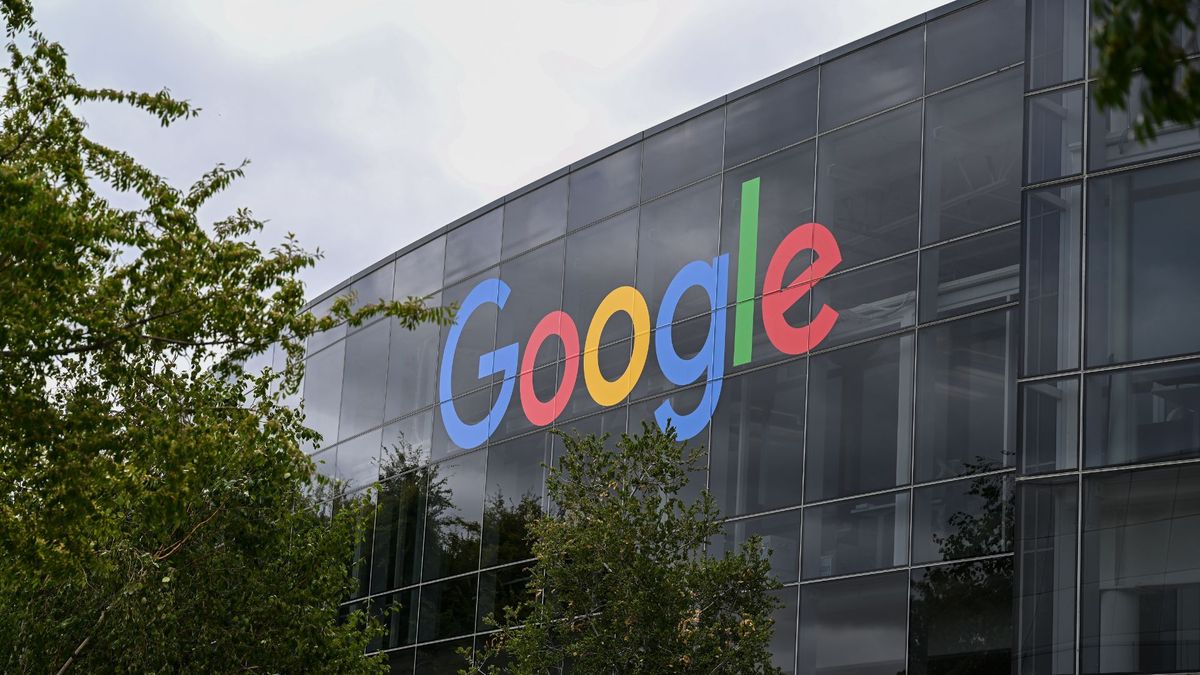
Department of Justice Urges Google to Sell Chrome Amid Antitrust Proceedings
The DOJ is calling for significant actions against Google's search dominance, proposing the divestiture of Chrome and Android.
The Department of Justice is reasserting its demands for actions aimed at dismantling Google’s search monopoly. It is specifically pushing for the sale of Chrome and potentially Android as well.
In a court filing dated March 7, the DOJ reiterated its position that Google’s dominance in search stems from monopolistic practices that support services like Chrome and Android, making it nearly impossible for fair competition.
The court document outlines the implications, noting: “The American people’s reliance on Google’s search engine is well-known. However, less understood is how Google—through unlawful and unchecked monopolistic conduct—secured this reliance. This has deprived users of a fundamental American value: the ability to choose in the marketplace.”
The proposed remedy, according to the plaintiffs, is to enforce a divestiture of Chrome, which is deemed a crucial distribution point, to prevent self-preferencing by Google.
The filing also calls for divesting Android and includes measures against Google making “exclusionary third-party agreements” in which Google compensates partners to be the default search engine on their devices or services. This includes the critical partnership with Apple, characterized in the filing as “unlawful distribution agreements.”
In essence, this means Google may need to divest from Chrome, potentially sell Android, and terminate agreements where it pays to be the default search engine. Additionally, the DOJ suggests that the judge should enforce transparency regarding data sharing to address the scaling disadvantages created by unlawful actions.
Interestingly, the DOJ has seemingly stepped back from imposing restrictions on Google’s artificial intelligence investments, a notable shift towards Google’s favor since the initial remedies were proposed.
District Judge Amit Mehta had previously ruled in August 2024 that Google maintains a monopoly in the search sector, but how this will be resolved is still under discussion, as litigation continues. This ongoing case, along with the March 7 filing, highlights the potential ramifications of breaking up monopolies, which can significantly benefit consumers.
As noted by industry experts, while the breakup of services may address antitrust concerns, it could also risk putting these critical services in the hands of less responsible entities.
Google has consistently sought to persuade the DOJ to reconsider its approach, labeling the agency’s propositions as a “radical interventionist agenda.” However, it appears that such proposals are unlikely to be reversed with hearings scheduled for April.
The outcome will ultimately depend on judicial decisions regarding Google’s potential sale of Chrome and possibly Android, marking this as a landmark antitrust case reminiscent of the high-profile Microsoft litigation from 1998.
